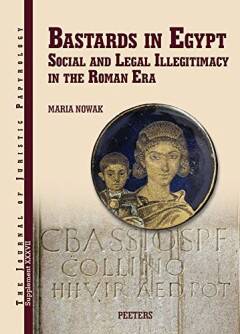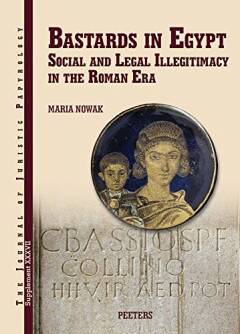
- Afhalen na 1 uur in een winkel met voorraad
- Gratis thuislevering in België vanaf € 30
- Ruim aanbod met 7 miljoen producten
- Afhalen na 1 uur in een winkel met voorraad
- Gratis thuislevering in België vanaf € 30
- Ruim aanbod met 7 miljoen producten
Zoeken
Omschrijving
Throughout the course of Western history, children born out of wedlock enjoyed neither the social nor legal standing of marital children. Being born out of wedlock caused complications in the lives of not only commoners, but even the elite. The question is whether these attitudes developed independently or if they had a common root. In branches of law regulating the relationships within a family, Roman law is the usual suspect as a kind of 'ideal law', which may be understood as a model for modern practices, not only in the scholarship, but even in judicial decisions. On the other hand, Christianity is often recognised as inspiration for model of family in the West. The primary aim of this book is, therefore, to reconstruct the Roman concept of bastardy and how that concept evolved between Augustus and Constantine the Great, who changed the standing of individuals born out of wedlock and shaped legal definitions of illegitimacy for the centuries to come. Although the study is focused on Roman Egypt, the conclusions reached in this book are relevant for the whole of the Roman empire.
Specificaties
Betrokkenen
- Auteur(s):
- Uitgeverij:
Inhoud
- Aantal bladzijden:
- 363
- Taal:
- Engels
- Reeks:
- Reeksnummer:
- nr. 37
Eigenschappen
- Productcode (EAN):
- 9789042942684
- Verschijningsdatum:
- 25/06/2020
- Uitvoering:
- Hardcover
- Formaat:
- Genaaid
- Afmetingen:
- 173 mm x 234 mm
- Gewicht:
- 952 g

Alleen bij Standaard Boekhandel
+ 156 punten op je klantenkaart van Standaard Boekhandel
Beoordelingen
We publiceren alleen reviews die voldoen aan de voorwaarden voor reviews. Bekijk onze voorwaarden voor reviews.











